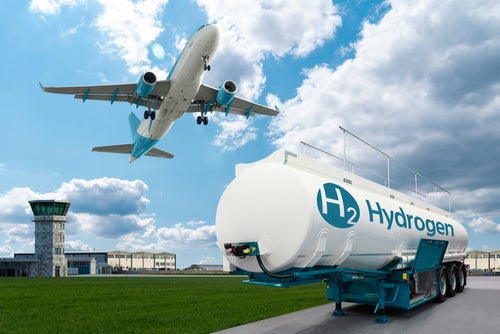
Concept: Swedish startup HYBRIT has produced the first-ever hydrogen-reduced sponge iron on a pilot scale without the use of fossil fuels. It is a joint venture between Sweden’s steelmaker SSAB, utility company Vattenfall, and iron ore pellet producer LKAB. The trio established HYBRIT to eliminate CO2 emissions in steelmaking by using only fossil-fuel-free raw materials.
Nature of Disruption: Sponge iron is used as the main raw material input for electric arc furnaces to manufacture steel. This is produced by heating iron ore at temperatures below its melting point, where it is reduced to porous and solid sponge iron. The reduction process involves removing the oxygen from the iron ore, which is a prerequisite for steel production. Typically, this is done using carbon or coke, whereas HYBRIT used fossil-free hydrogen gas to carry out the process. The hydrogen used in the process is produced by the electrolysis of water with fossil-free electricity that is generated through renewable sources such as wind and hydroelectric power. The pilot plant for the test production of sponge iron commenced operation in August 2020 in Sweden and claimed to have produced 100 tons of sponge iron.

Discover B2B Marketing That Performs
Combine business intelligence and editorial excellence to reach engaged professionals across 36 leading media platforms.
Outlook: According to the International Energy Agency, the global steel industry accounts for seven to eight percent of total CO2 emissions. The European Union has set an ambitious goal to become climate neutral by 2050 by producing net-zero greenhouse gas emissions as well as making a priority to decarbonize the steel industry in the region. Against this backdrop, HYBRIT claims to have successfully produced sponge iron using fossil-free hydrogen gas on a pilot scale. SSAB, LKAB, and Vattenfall are currently involved in building a hydrogen storage facility adjacent to HYBRIT’s Lulea pilot plant and have plans to begin industrial-scale production of the sponge iron by 2026.
This article was originally published in Verdict.co.uk




